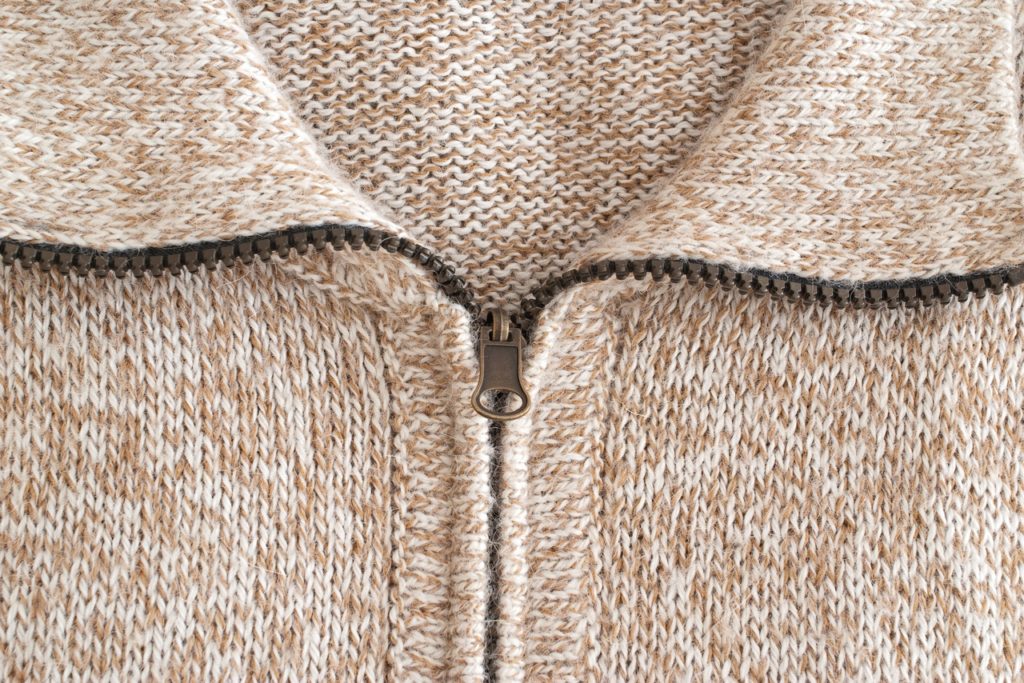Free Info To Picking Bamboo Clothes
Wiki Article
What Do Hemp Compare To Cotton With Regard To Water Usage, Pesticides/Herbicides Used?
There are many reasons why hemp is thought to be a more sustainable and eco-friendly crop than cotton in relation to the use of water, pesticides, and herbicides.
Hemp The needs for water in Hemp are minimal compared to other crops like cotton. It is thought to be a drought-resistant plant that can flourish without much irrigation. Hemp can be grown in a variety of areas with only rainwater, which makes it an effective water-saving option.
Cottonis known to be water-intensive. Cotton farming requires extensive irrigation that could result in local water shortages as well as the depletion of water in areas that are under stress. The high demand for water in cotton farming has led to concerns regarding its sustainability.
Herbicides are pesticides.
Hemp: Hemp has a natural resistance to numerous insects. This means that it is less need for synthetic pesticides. Certain hemp crops may require pest control measures. But, overall, the use of chemical inputs in various crops is less, such as cotton. The hemp plant can be grown almost pesticide free.
Cotton - The conventional cotton farming industry rely heavily on synthetic insecticides and herbicides in order to manage pests. These chemicals may cause negative environmental impacts including polluting the soil and water and harm to species that are not targeted as well as the development of pesticide-resistant bugs.
In summary, hemp has been shown to be more sustainable when contrasted with cotton. This is due to the fact that hemp uses less water, pesticides, and weedicides.
Hemp is a plant which requires less water than most other crops and can be cultivated without the need for irrigation or rain.
Hemp is naturally resistant to diseases and pests and makes it less reliant on pesticides.
Hemp cultivation typically involves fewer synthetic herbicides and pesticides when than conventional cotton.
It is important to note that sustainable and environmentally friendly practices may differ among growers and regions. Organic farming practices also contributes to the long-term sustainability of hemp as like cotton, as it reduces the use of synthetic chemicals and enhancing soil health. Concerning the impacts that textiles and clothing can have on the environment, choosing organic, sustainable fibers like cotton or hemp can help reduce this footprint. See the best related site on hemp clothing for site recommendations including hemp sweater, hemp t shirts wholesale, patagonia ranch jacket, hemp clothing wholesale, hoodlamb coat, mens hemp t shirts, hemp clothing wholesale, hemp jacket, patagonia iron forge pants, patagonia hemp work pants and more.

What Are The Practical And Technical Benefits Of Hemp Clothing Over Traditional Fibers?
Hemp clothing has a number of technical and functional benefits in comparison to traditional fabrics. It is also environmentally green. Here are some ways hemp clothing could be an eco-friendly, high-performance alternative.
Hemp fibers possess a great wicking capacity and are highly permeable, meaning that hemp clothing is breathable and comfortable under any conditions. They will help you stay dry and cool, as well as prevent bacterial growth.
Temperature Regulation
Hemp clothing is extremely thermoregulating properties. It can keep warm during cool temperatures by capturing body heat in close proximity and helps to stay cool during warm temperatures when moisture and heat can go away. Being able to control your body's temperature naturally can allow you to not have to change clothes often.
Durability and Longevity-
Hemp fibers are renowned for their durability. Clothing made from hemp is more durable and resilient to wear than clothing made of other fibers, such as cotton. This durability means that hemp garments can last longer, thus reducing the frequency of replacements and, therefore the environmental impact.
UV Protection
Hemp fibers help protect skin from harmful UV radiations. This is especially useful when it comes to outdoor activities and sports.
Biodegradability:
Hemp clothing degrades naturally with time. This property helps reduce the environmental impact of textile waste. Synthetic fibers are able to remain in landfills for long durations.
Low environmental impact-
Hemp production generally uses the least amount of synthetic pesticides and herbicides when compared to cotton. Hemp also consumes less water which makes it a green option. The eco-friendly aspects are further amplified by organic farming.
Carbon Sequestration-
Hemp can be used to absorb CO2 from the atmosphere. The hemp plant is cultivated as a carbon sink, which helps to reduce the levels of greenhouse gases.
Sustainable and crop rotation
Hemp is an excellent crop to incorporate into your crop rotations. It improves the soil's health and lowers the risk of disease. This method of farming that is sustainable can contribute to the eco-friendly aspects of hemp.
Versatility:
Combining hemp fibers with other materials such as organic cotton and recycled polyester could make eco-friendly and high-performance fabric blends. This flexibility allows the creation of sustainable, innovative textile products.
Low Toxicity
Hemp fibers are non-toxic by nature and don't require any chemical processing during the process of manufacturing, can reduce the environmental impact.
Apart from hemp's numerous practical and environmentally friendly benefits, it's important to be aware that sustainability of clothes can be impacted by other factors like dyeing techniques transport, ethical labour practices. To help consumers choose environmentally sustainable options, they should seek out clothing brands that focus on sustainability, transparent manufacturing, and ethical practices. Have a look at the top hemp clothes tips for site recommendations including hemp shirts wholesale, patagonia double knee pants, hoodlamb coat, mens hemp trousers, hemp athletic wear, hemp long sleeve shirt, hemp mens jeans, hemp sweater, hemp tees, dash hemp clothing and more.

What Are The Advantages Of Bamboo Clothing When It Comes To Comfort And The Environment?
Bamboo clothing has many benefits for both the comfort of the wearer as well as the environment in which they live.
The softness of bamboo fabric is appreciated for its incredible suppleness. It has a silky smooth texture that feels good against the skin. Bamboo clothing can be luxuriously soft, which is why it's a popular option for intimate clothing.
Bamboo fibers possess a natural ability to wick moisture and also breathe. Micro-gaps permit air circulation, which helps keep you cool in hot weather. The moisture wicking properties of the fabric help to remove sweat from the skin. This can reduce the sensation that garment is damp.
Bamboo clothing is excellent for thermoregulation. It is able to keep you warm in cooler temperatures by trapping heat closer to your body. It can also help keep you cool during hot weather by allowing excessive water and heat to go away. Bamboo is able to adapt to a variety of temperatures, it's perfect for any season.
Hypoallergenic Bamboo fabric is naturally hypoallergenic. It is also gentle on skin that is sensitive. It is less likely to trigger skin irritations or allergic reactions.
Bamboo fibers can be resistant to odors thanks to their antimicrobial properties. This property contributes to bamboo clothing remaining fresh, even when worn when exercising.
Environment-
Sustainability- bamboo is a source of renewable energy that is environmentally sustainable. Bamboo is among the fastest-growing plants on the planet. It grows with minimal water, and does not require pesticides. Bamboo can be harvested without damage to the plant since the roots rejuvenate.
Bamboo is a water-efficient plant by nature. Bamboo can thrive even without irrigation, and often can be grown by rainwater alone. This reduces the environmental impacts that come with agricultural water usage.
Biodegradability - Bamboo clothing breaks down naturally over time after it is removed from the landfill. This feature reduces waste that is not biodegradable textiles that end up in landfills.
Carbon Sequestration. Bamboo is a great plant to sequester CO2 during its rapid growth. Bamboo farming is a great way to reduce greenhouse gas emissions and serve as a source of carbon.
Chemical Reduction. Bamboo fabric production typically involves lesser chemical treatment and processing than other types of textiles. Therefore, the textile industry has a smaller environmental footprint.
Closed-Loop Production- Some bamboo fabric production processes utilize closed loop systems that recycle and reuse water and chemicals, while minimizing the amount of waste and pollution.
It is important to remember that the environmental impact can differ based on the manufacturing process used, as well as whether or not the bamboo used for manufacturing was sourced from ethically and sustainably controlled bamboo forests. To get the most environmental benefit, buyers should seek out bamboo clothing that is produced using eco-friendly and ethical practices. View the most popular my website bamboo clothes for website info including bamboo pants for women, bamboo clothing underwear, ladies bamboo tops, bamboo sportswear, bamboo womens shirts, bamboo brand jeans, bamboo cay shirts, mens boxer shorts bamboo, bamboo sweatshirt, bamboo polo shirts and more.
